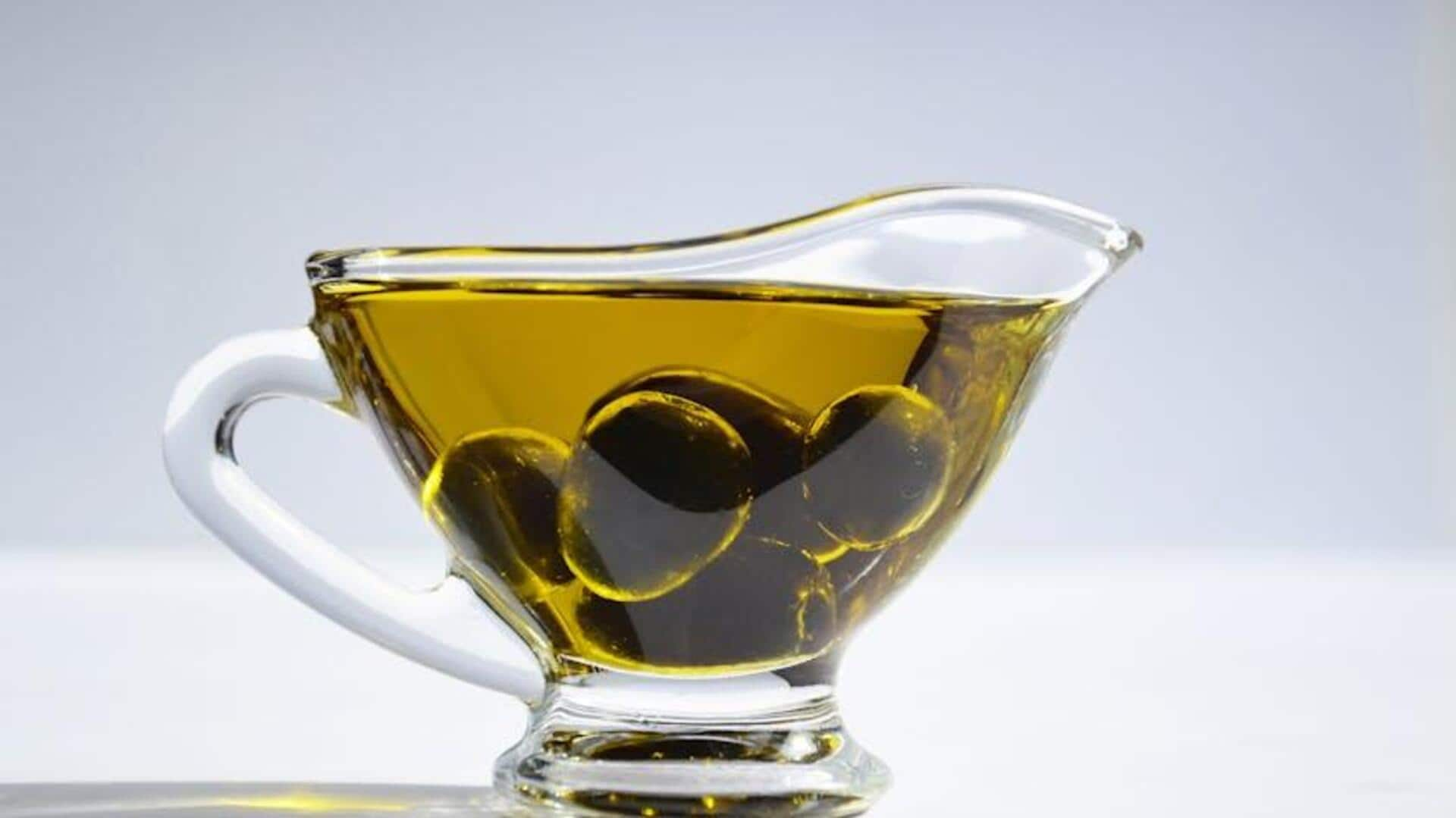
The timeless traditions behind Italian olive oil pressing
What's the story
Italian olive oil pressing is a tradition steeped in the culture of several villages across Italy. This centuries-old practice not only yields finest quality olive oil but also unites communities, preserving the customs and techniques from generations before us. The process comprises of painstaking steps that emphasize on the significance of community involvement and reverence towards nature. Knowing these traditions explains why this practice continues to be a beloved element of Italian heritage.
#1
Historical roots of olive oil pressing
Italy's olive oil pressing history is thousands of years old. It is said to date back to ancient Roman times. Villages have kept these practices alive, preventing the age-old techniques from dying. Stone mills, wooden presses, the villagers ensure they produce oil that's authentic and retains its taste and aroma. This speaks volumes about the cultural importance olive oil production holds.
#2
Community involvement in production
In several Italian villages, olive oil pressing is not just an agricultural work; it is a community affair. Families come together during harvest season to hand-pick olives, promoting a spirit of togetherness and purpose. This joint effort not only builds community ties but also guarantees that every step of the process is done diligently and accurately. The involvement emphasizes the social element inherent in this tradition.
#3
Traditional techniques preserved over time
Traditional techniques in Italian olive oil pressing have been meticulously preserved over the years, ensuring that quality and authenticity are never compromised. Techniques like cold pressing ensure that the nutritional value and flavor profile of the oil remain intact, without the use of heat or chemicals. These techniques epitomize an inclination towards natural processes that value quality over quantity, setting Italian olive oils apart from mass-produced variants.
#4
Economic impact on local communities
The production of olive oil also plays a vital role in the economy of these villages. Small-scale producers depend on this industry as their main source of income, selling their products at local markets or exporting them overseas for premium prices owing to their superior quality. This economic impact further emphasizes the importance given to preserving tradition while enabling sustainable livelihoods for those involved.
Tip 1
Environmental considerations in olive oil production
Environmental sustainability plays a major role in Italian olive oil production. The producers emphasize organic farming, reducing reliance on chemicals, and increasing biodiversity. Italian producers also practice crop rotation and intercropping with plants like lavender, which naturally repels pests without affecting helpful insects. This holistic approach aids ecological balance, rendering it a much greener option than conventional methods across the globe.